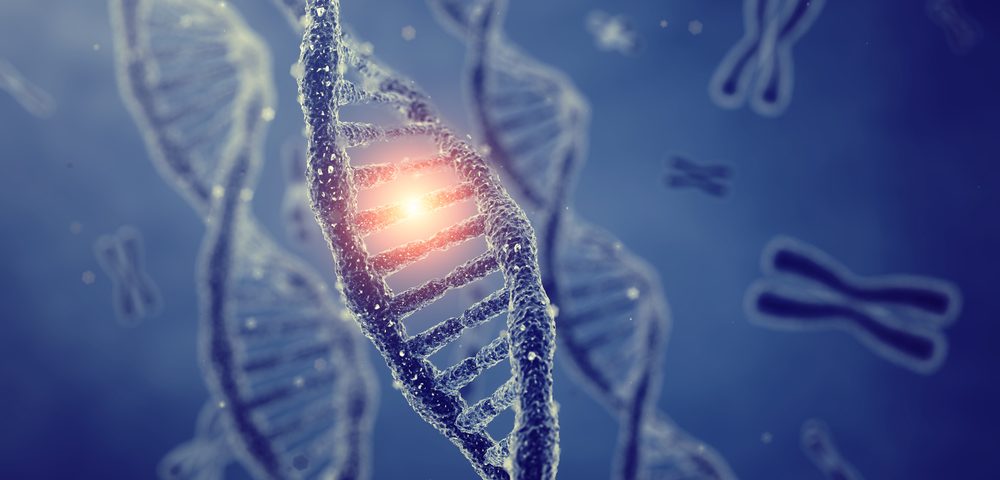Certain mutations in cancer cells improve the immune system’s ability to recognize them as foreign. Now researchers have shown that some cancers might discard those mutations, which renders them resistant to therapies that boost the immune system.
The study, “Evolution of Neoantigen Landscape During Immune Checkpoint Blockade in Non-Small Cell Lung Cancer,” published in Cancer Discovery, has shed light on the mechanisms by which cancer cells acquire resistance to immune checkpoint inhibitors and might advance the development of novel therapies that are less likely to trigger this mechanism.
Immune checkpoint inhibitors have shown promise in a number of cancers, and currently four of these treatments — Opdivo (nivolumab), Keytruda (pembrolizumab), Tecentriq (atezolizomab), and Yervoy (ipilimumab) — have been approved by the U.S. Food and Drug Administration (FDA) to treat melanoma, lymphoma, lung, bladder, and head and neck cancers. But data from clinical trials has shown that nearly half of the patients treated with these drugs eventually relapse.
“Checkpoint inhibitors are one of the most exciting recent advances for cancers, but the mechanism by which most patients become resistant to these therapies has been a mystery,” Victor E. Velculescu, MD, PhD, said in a press release. Velculescu is program leader in the Bloomberg~Kimmel Institute for Cancer Immunotherapy at Johns Hopkins, and also a professor of oncology.
Cancer cells are known to have a number of mutations that render them more aggressive than normal cells. However, some of these mutations are in genes that are required by normal cells to tell the immune system to leave them unharmed. Therefore, such mutations create misshapen proteins that are foreign to the immune system, flagging the cancer cells for immune destruction.
Given that immunotherapies often work to improve immune cell function against the mutated proteins, the researchers assessed whether such mutations were involved in the resistance to these therapies.
They used tumor samples from four patients with non-small cell lung cancer and one patient with head and neck cancer who had been treated with Opdivo, or Opdivo in combination with Yervoy, but eventually developed resistance. The research team used samples collected before treatment and at the onset of treatment resistance, and analyzed genes involved in immune recognition.
The researchers found that after the patients developed resistance to the immune checkpoint inhibitors, they had lost between seven and 18 mutations in these proteins. By getting rid of mutations that allowed the immune system to recognize them as foreign, the cancer cells could go unrecognized.
“Our findings offer evidence about how cancer cells evolve during immunotherapy,” Velculescu said. “When the cancer cells shed these mutations, they discard the evidence that would normally lead them to be recognized by the body’s protective immune cells,” he said.
Such proteins had been lost through a variety of mechanisms, including immune-mediated elimination of cancer cells bearing those mutations, or by deleting large regions of the chromosomes that contained the genes coding for those proteins.
“In some instances, we found that chromosomes in the cancer cells’ nuclei were missing an entire arm containing these mutated genes,” said Valsamo Anagnostou, MD, PhD, instructor of oncology at the Johns Hopkins University School of Medicine and a lead study author.
Now, the researchers are planning to determine how often this mechanism occurs in different cancer types, and how to improve current cancer immunotherapies, not only by identifying which patients are more likely to recur, but also by aiding in the development of novel immunotherapies that are less likely to trigger this immune evasion mechanism.


